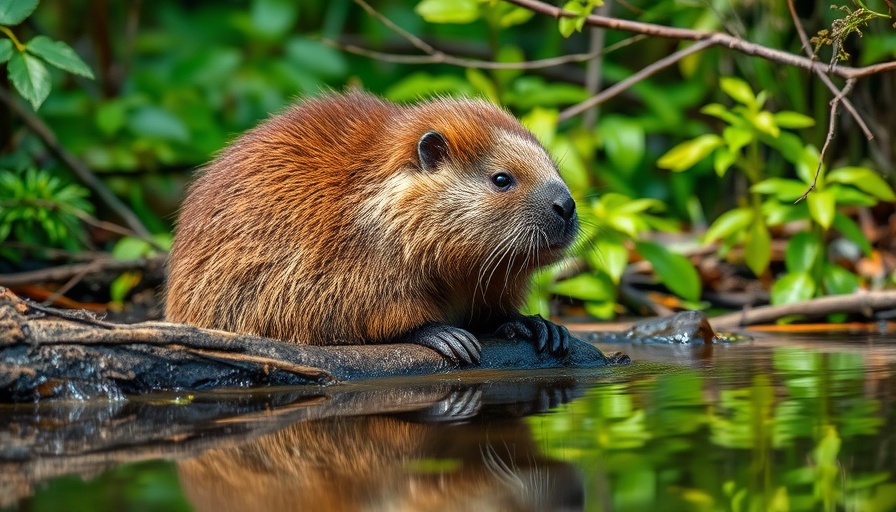
Bluefin Tuna: Nature's Comeback Story
After years of decline, the majestic bluefin tuna is making a remarkable return to UK waters, a signal of ecological hope amidst growing concerns about marine ecosystems. However, this resurgence is accompanied by a troubling trend—huge tournaments where these magnificent creatures are ruthlessly pursued for sport. Events like the upcoming tournament in Falmouth, Cornwall, highlight the thin line between recreational fishing and sheer cruelty.
The Dark Side of Sportfishing
Unlike traditional forms of angling that demand skill and patience, today's tuna fishing often resembles a battle waged from the comfort of a boat equipped with advanced technology. Anglers mostly sit back, waiting for their prey to succumb to artificial lures. At the tournament, the goal appears less about sustainable fishing practices and more about claiming glory from a struggle that is heavily stacked in the fisherman's favor. This has led to a growing culture around recreational tuna fishing, with the UK government witnessing a sharp increase in licenses granted—up from 93 in 2024 to a staggering 180 today.
Ecological Implications of Tournament Fishing
Despite the troubling rise in fishing licenses, significant gaps in scientific knowledge remain. Particularly concerning is the fact that the UK government admits it has no estimates of the bluefin tuna population currently in UK waters. Without solid data, it’s hard to gauge the ecological impact of these tournaments or the mortality rates of the fish once caught. Studies indicate that nearly 17% of bluefin tuna could perish from stress and physical trauma after being released—a grim statistic that raises questions about the ethics of such recreational activities.
The Profit Motive: Who Benefits?
The partnerships formed between the government and fishing organizations, such as Thunnus UK, suggest a compromise that favors economic gain over ecological integrity. The regulations recommended, such as releasing the fish in deep waters, appear to be more about maintaining the fishing industry's profitability than genuinely protecting tuna. Skippers' reports of fish mortality are also under scrutiny; the incentives to underreport deaths provide a troubling insight into how fishing and eco-regulation can often misalign.
Community Action: What Can We Do?
As community members invested in wildlife conservation, advocating for the bluefin tuna is crucial. By raising awareness about the impacts of recreational fishing, individuals can spur widespread discussions on better practices and greater transparency from governing bodies. It may also be time for local initiatives to push for stricter regulations surrounding how and when these incredible fish can be caught. Collectively, our voices can influence change.
Embracing a New Fishing Ethos
Ultimately, the return of the bluefin tuna to UK shores should be celebrated, not exploited. As its population begins to rebound, it serves as a poignant reminder of the resilience of nature. Yet, it also raises ethical questions about our treatment of these magnificent creatures. For those living in the high desert and beyond, the fight to protect these fish—and their ecosystems—should resonate deeply. Together, we can promote a fishing culture rooted in conservation, respect, and genuine appreciation for wildlife.
 Add Row
Add Row  Add
Add 




Write A Comment